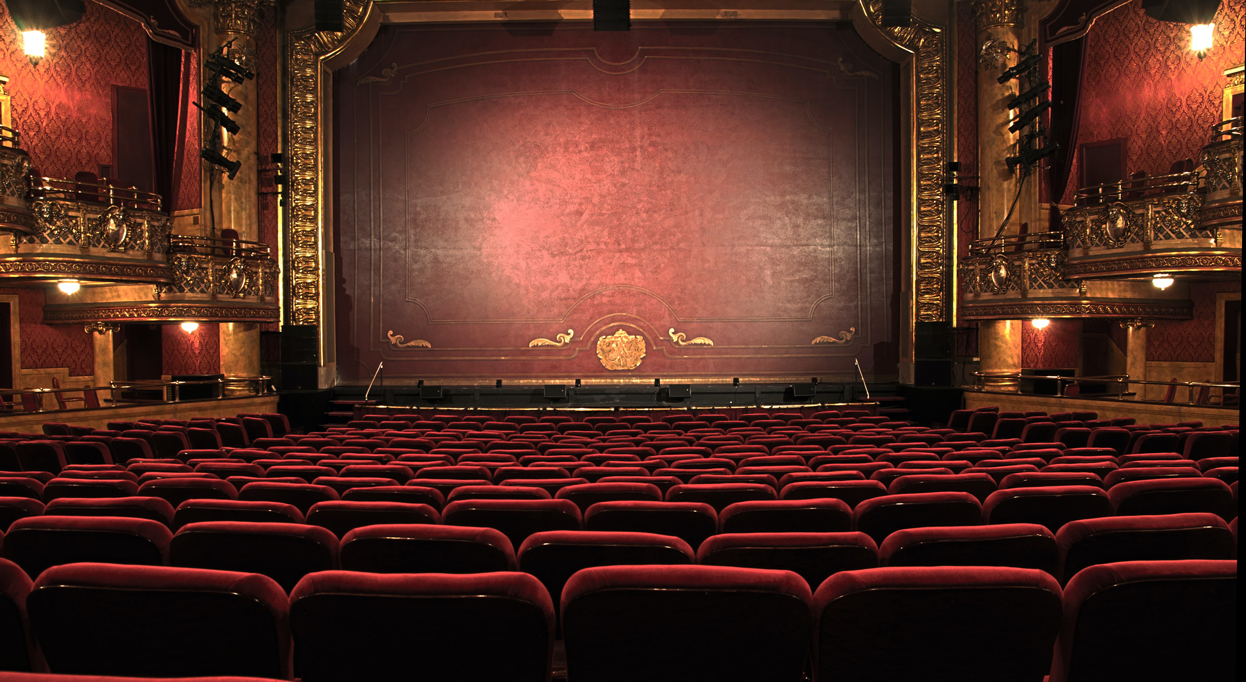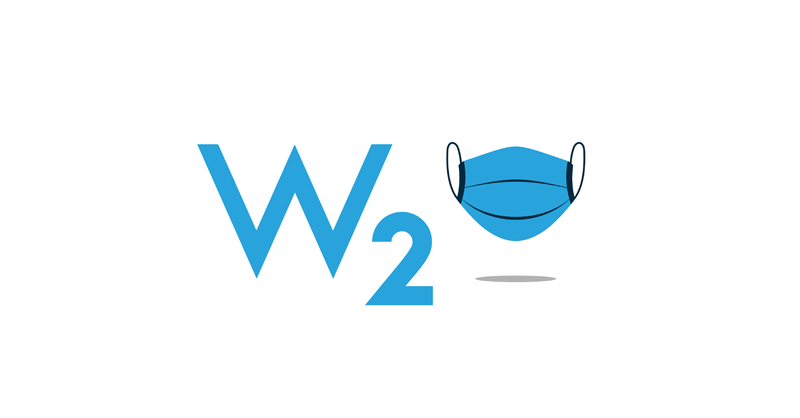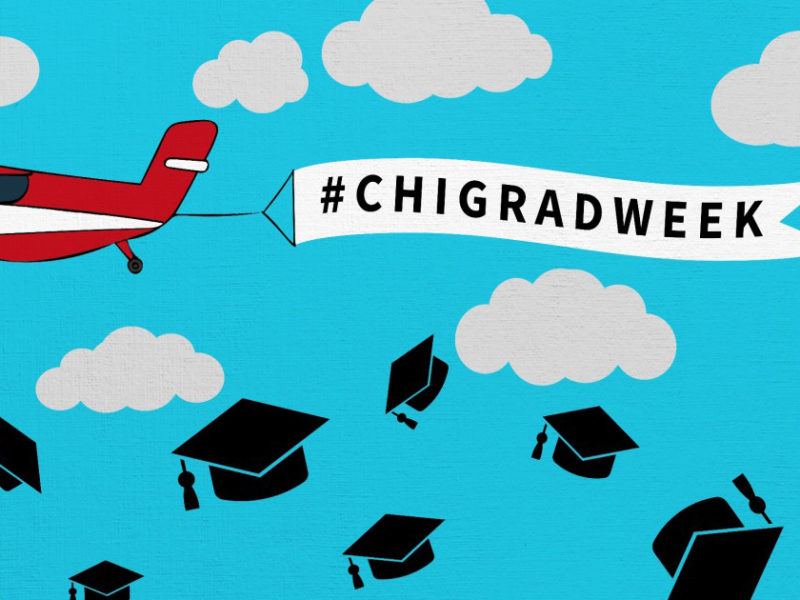
The Big Screen From a Distance: The Chicago Festival of Israeli Cinema Goes Virtual
After fourteen exceptional years as one of the largest festivals of its kind in the United States, the Chicago Festival of Israeli Cinema was ready to celebrate its 15th anniversary in the fall of 2020.
Plot twist.
In mid-March as it became clear that the chances that spread of Covid-19 would abate before the end of the summer (in time for the festival in the fall), the leaders behind one of Chicago’s mainstay cinematic experiences had a difficult choice to make: cancel the festival altogether, or embrace the change of the seasons and go virtual.
This year, for the first time in its history, the Chicago Festival of Israeili Cinema will be available to audiences from coast to coast, at any hour of the day, from wherever they want to stream. Starting this weekend on May 17, the festival will make all of its offerings available for streaming, providing a level of access they previously would never have been able to achieve.
Wanting to understand the core of connection and discovery bringing the redesigned festival to life, we sat down with Cindy Stern, the executive director of the Chicago Festival of Israeli Cinema, to talk about the organization’s pivot and the future of festival gatherings in a world redefined by Covid-19.
Chicago Ideas (CI): How is the Festival transitioning in a world reshaped by Covid-19?
Cindy Stern (CS): When shelter-in-place first began, we had no guarantee that Covid-19 would or would not last until the Fall—the usual time of the Festival—and beyond. We knew people felt isolated and were hungry for substantive content that spoke to them and helped them feel more connected to the outside world. So we quickly switched gears, as Israelis would do, and decided to take our 15th anniversary Festival virtual, as soon as possible: May 17-26. Fortunately, film is an art form that can easily be streamed, enjoyed, and shared with others.
CI: What was the biggest challenge in making this transition?
CS: It was actually two-fold.
First of all, we wanted to still infuse our Festival with a communal feeling, which is as important to our audience as the quality of the films themselves. However, as we can’t physically mingle to discuss the wonders of Israeli cinema as we traditionally did during our “brick-and-mortar” Festival, we wanted to create a sense of normalcy. For example, our 2020 audience will still have the chance to laugh or to cry; to learn things they never knew before; to virtually travel to new places and observe new ways of life; to contemplate very human issues and to share (via social media); and more.
The second challenge for us was technical. We first had to find a partner that could host our streaming channel. We realized early on that it would entail a pretty steep learning curve, especially for those who had never streamed content before—even from Netflix, Amazon, Hulu, etc.
CI: What has been one of the unexpected benefits of a transition to virtual?
CS: Our audience has greatly expanded! Not only are we able to reach people coast-to-coast (to the great delight of Chicagoans who love the Festival, but previously had no way to share it with their friends and relatives in other cities). Now we’re even more accessible to those in the Chicago area who a) either live too far away from our theaters, b) are disabled or otherwise incapacitated, c) have to work during Festival hours, or d) have social conflicts on Festival weeknights or weekends.
Now everyone can watch everything we offer, whenever they like, as many times as they like, on any device—TV, laptop, tablet, phone—anywhere in their home.
CI: How do you think the current crisis will impact the future of the festival?
CS: The convenience of a virtual Festival makes it tempting to continue on this path, especially if movie theaters never, or are slow to, return to full capacity. The production costs are definitely less, and the logistics—with venues, catering, film trafficking, guest travel, extra lighting, LIVE music, security, etc.—have been greatly simplified.
Having said that, we still must be able to get the exclusive rights to new Israeli film releases—to be first in the market or to stream content very few if any people have ever seen before. We introduced Chicago to Fauda back in 2015, back when it was a completely unknown TV series. That will never change. Neither will our ability to interview Israeli directors, stars, and other film experts who not only add context, but encourage discussion and immeasurably add to the lights-camera-action atmosphere of the Festival.
CI: What about Chicago and its community makes the festival so distinct/successful?
CS: Chicagoans of all backgrounds are passionate people, and they are not afraid to express that passion. A majority are also lifelong learners, travellers, and consumers of culture. Our audience is incredibly supportive of us both financially and by “voting with their feet.” They appreciate the specialness of our niche Festival (we’re one of less than 10 all-Israeli Festivals in North America), how universally award-winning Israeli features, documentaries, shorts, and TV series resonate with everyone on an artistic, emotional and intellectual level.
For the past 15 years, we have tried to create a fun, Big Tent atmosphere where all are welcome to experience Israeli culture, as we say, “through the magic of film.” Most of our offerings are in Hebrew with English subtitles, but we’ve also shown films with Russian, Polish, Arabic, Spanish, French, German, Tagalog—all languages spoken in Israel as well as Chicago. In fact, Israel is a country of people from 120 different countries speaking over 70 different languages. When new audience members find this out, they respond with our favorite comment, “I did not know that!” That’s the best!




